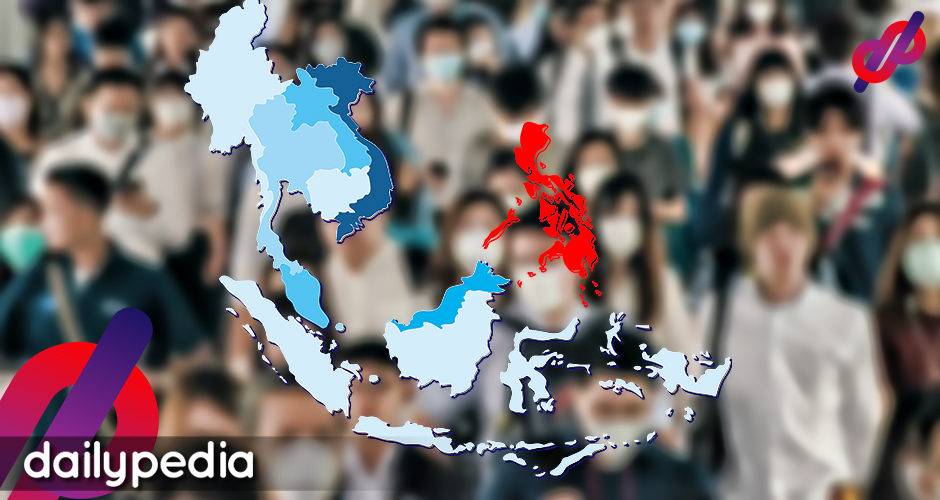The World Bank said on Monday that the Philippines’ economy is taking a much larger hit relative to its neighboring countries.
This could be attributed to the government’s implementation of lockdowns instead of focusing on increasing testing capacity and contact tracing efficiency.

The Philippines’ economy is expected to shrink by 1.9 percent this year, and should expect to be much more than what is happening today, said World Bank Senior Economist Rong Qian.
The World Bank already downgraded its 2020 gross domestic product (GDP) forecast for the Philippines by eight percentage points which is among the largest revisions in the Southeast Asian region, saying that local coronavirus infections have “not yet peaked”. Qian blames the downward revision on the country’s approach to the crisis.
“We are among the largest downward revision. I think part of the reason is because the Philippines is the first one to impose the very strict community quarantine which basically shutdown the economy for almost two months,” Qian said.
“Other countries are not doing that precisely as you know that Vietnam was not doing that and they are more focusing on the contact tracing and testing. So that’s explaining a large part of why the GDP downward revision is larger,” she added.
Qian also pointed out that the Taal Volcano eruption in January also did a number on the country.
In the East Asia and Pacific Region, the World Bank’s June 2020 Global Economic Prospects report stated that the Philippines, along with Malaysia and Thailand will “experience the biggest contractions this year”.
“This reflects the significant impact of domestic lockdown measures, as well as the impact from reduced tourism, disruption of trade and manufacturing sector, the spillovers from financial markets, and lower commodity prices,” the bank said.
Achim Fock, the World Bank acting country director for Philippines, also said the economic contraction in 2020 will likely cause an increase in poverty.
“Containment measures have cut off income streams from seasonal wage earners and those engaged in entrepreneurial activities in non-agricultural activities and low-end service jobs, which were the drivers of poverty reduction in recent years,” the World Bank report said.
“During these difficult times, strengthening the capacity of the health care system to control the outbreak while protecting poor and vulnerable households remains an urgent task for the country,” Fock said.
“Similarly, financial support to affected firms, especially small and medium enterprises, to prevent job losses and bankruptcy, can help ensure that the recent shocks do not cause permanent damage to the country’s productive capacity and human capital,” he added.
Even with all the damage caused by COVID-19, the World Bank expects the country’s economy to bounce back in the next two years.
Meanwhile, the total number of COVID-19 cases in the Philippines by the end of June is expected to be at least 40,000.
“If both national and local governments fail to provide a prompt and adequate response, all the societal and financial sacrifices of society could be wasted, and we will likely experience another wave,” said the University of the Philippines mathematics professor Guido David and political science professor Ranjit Singh Rye.


